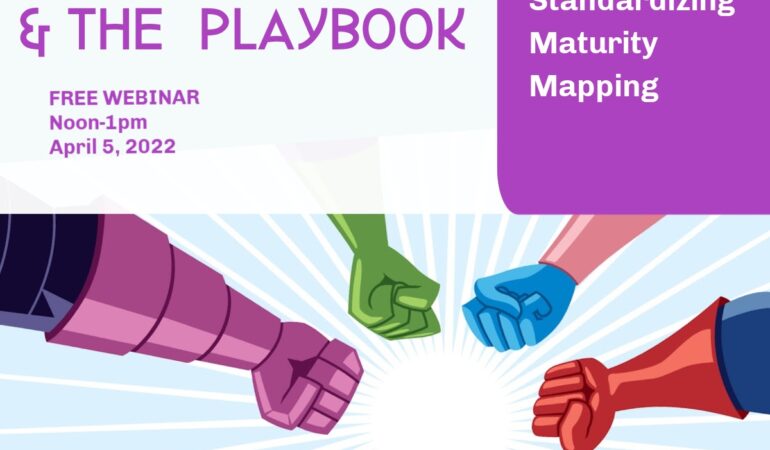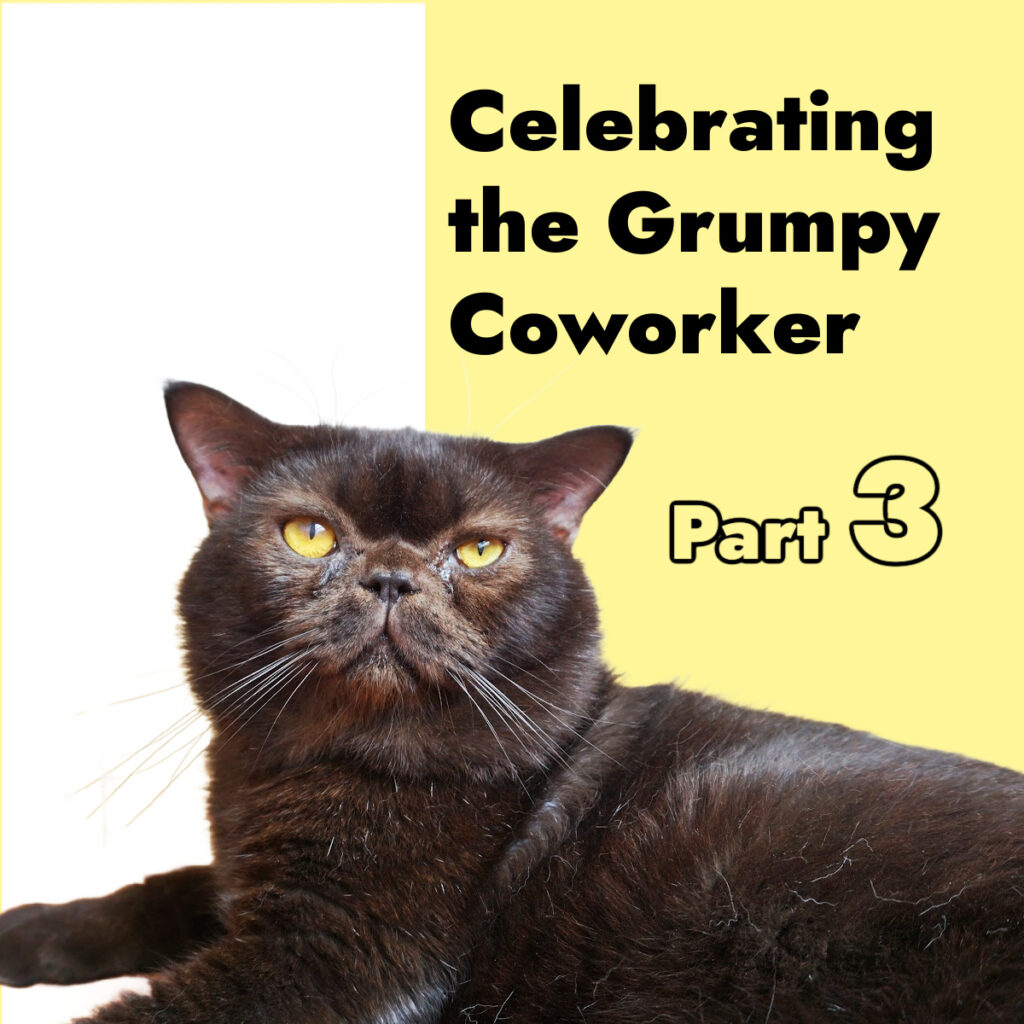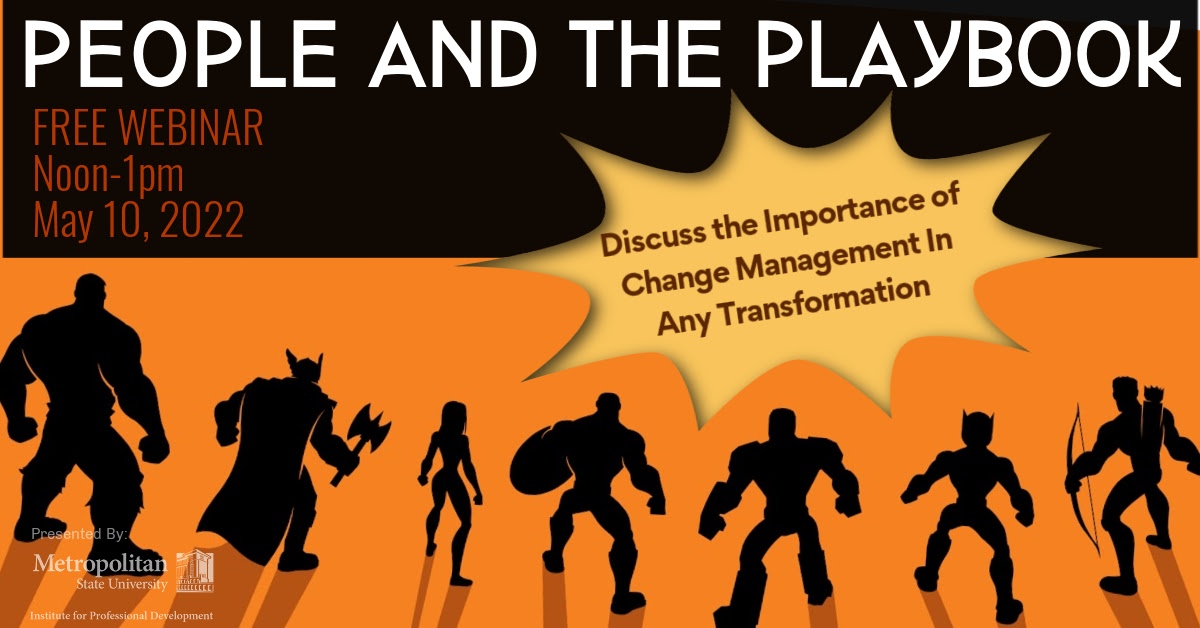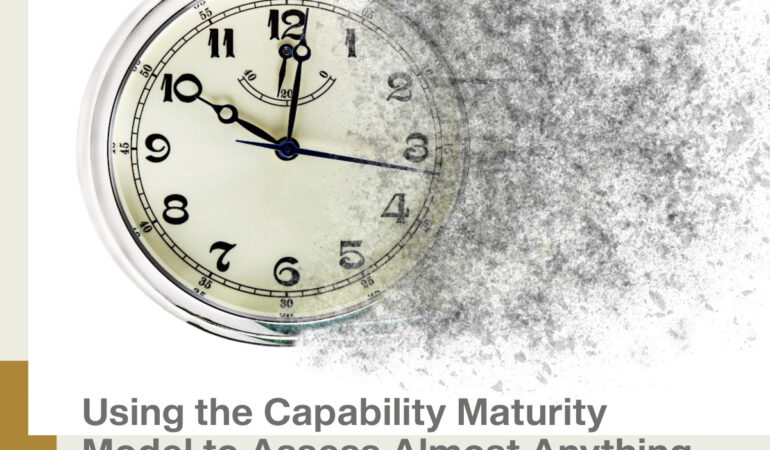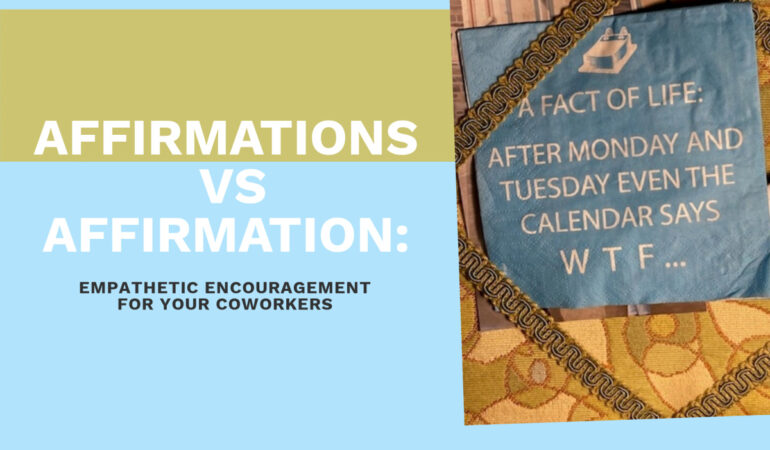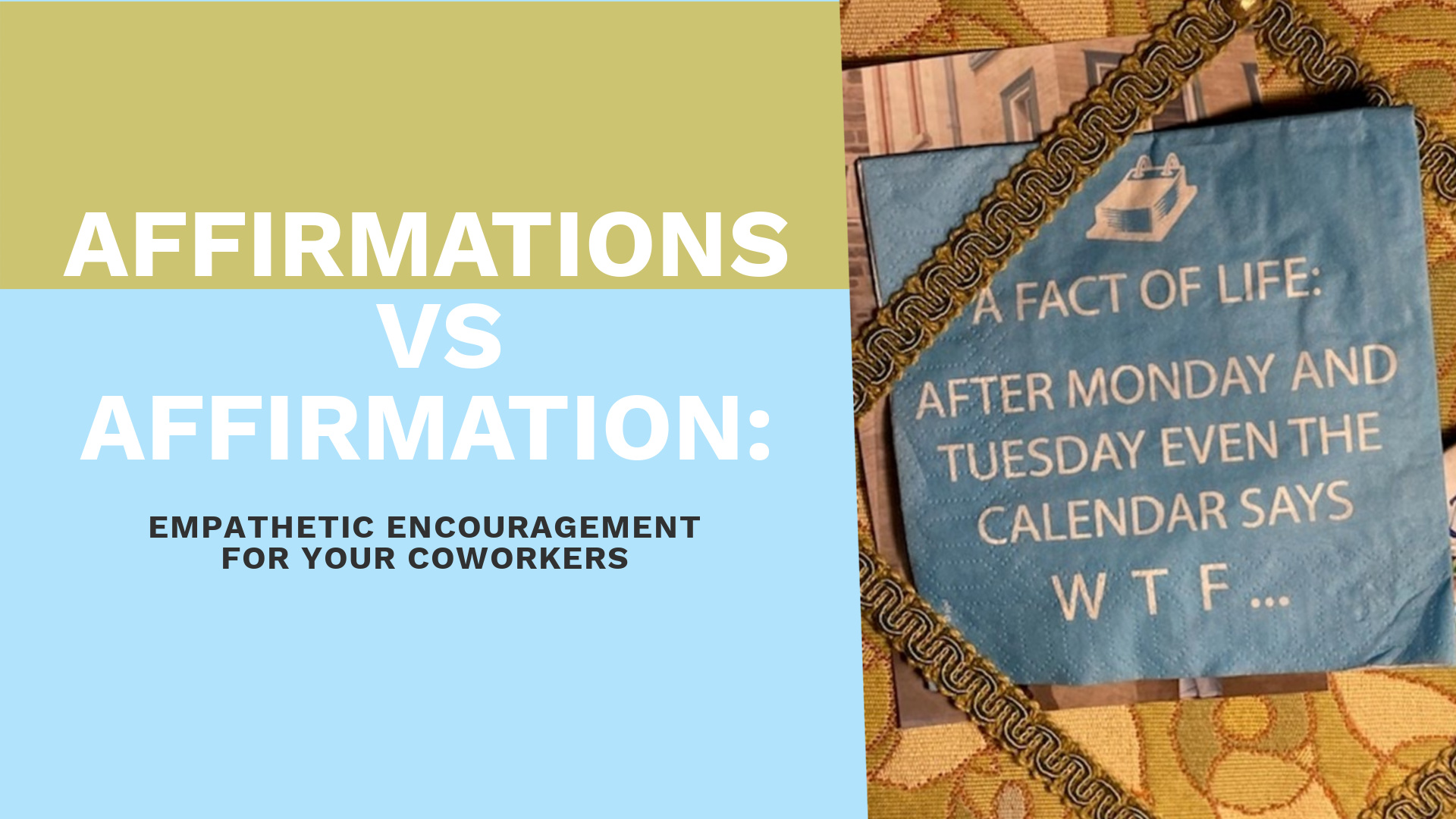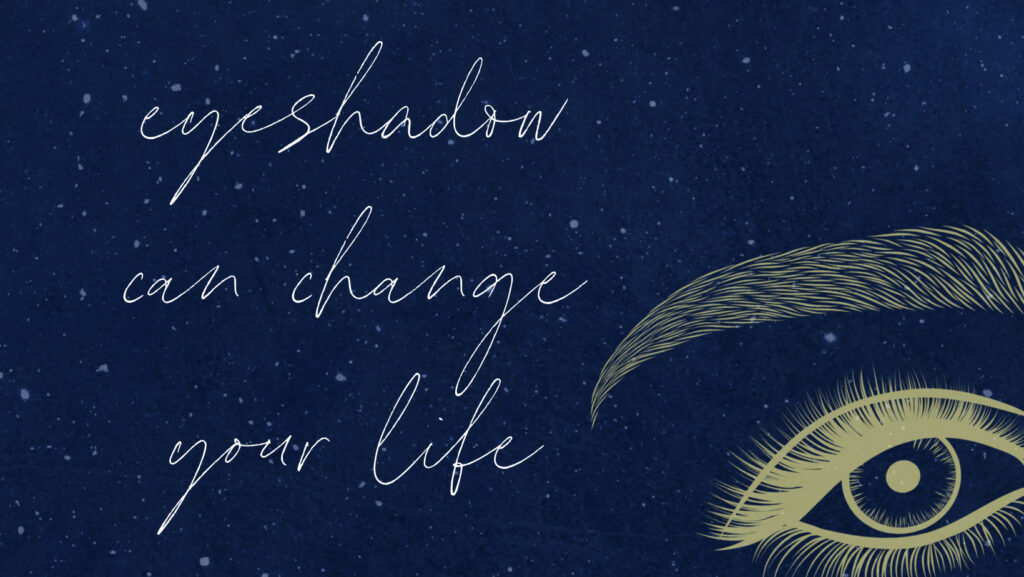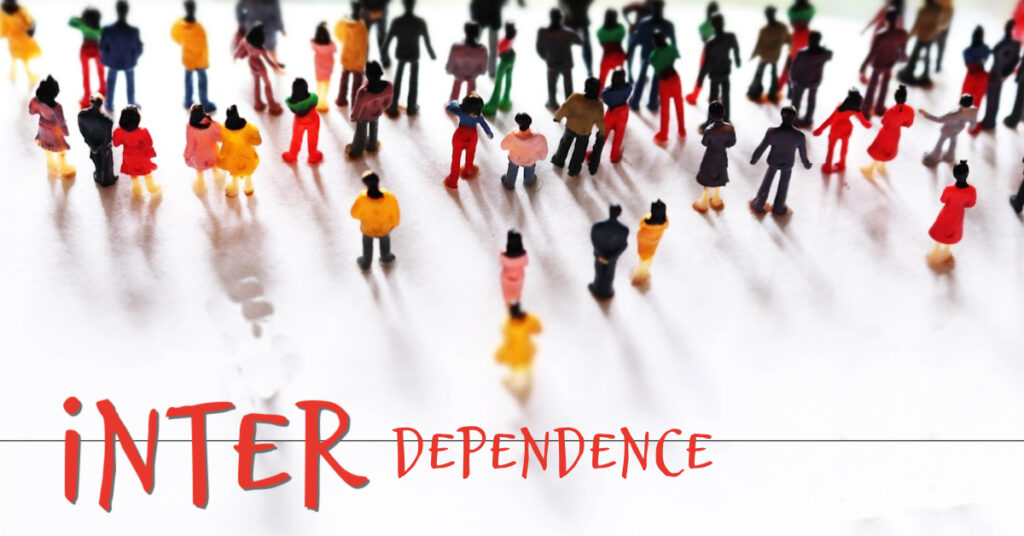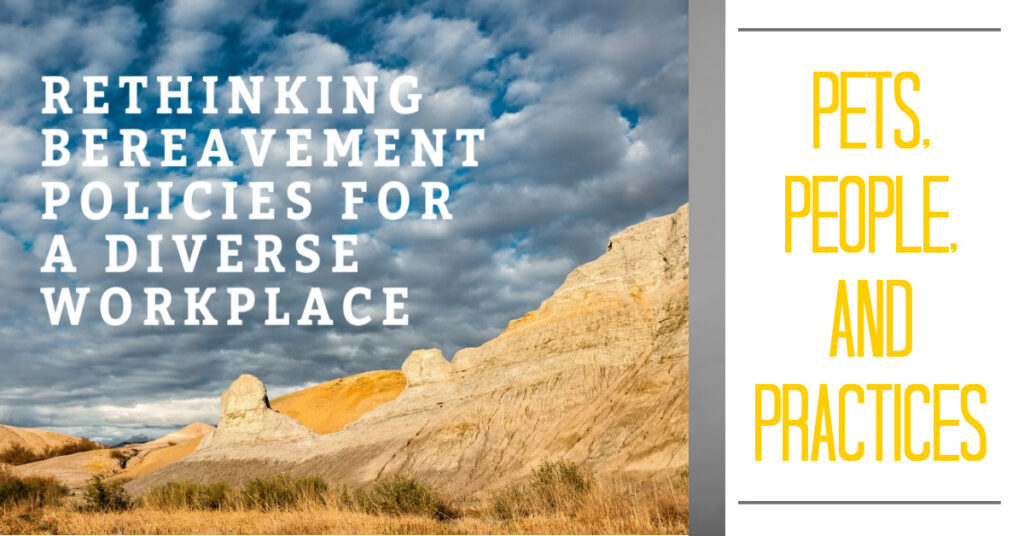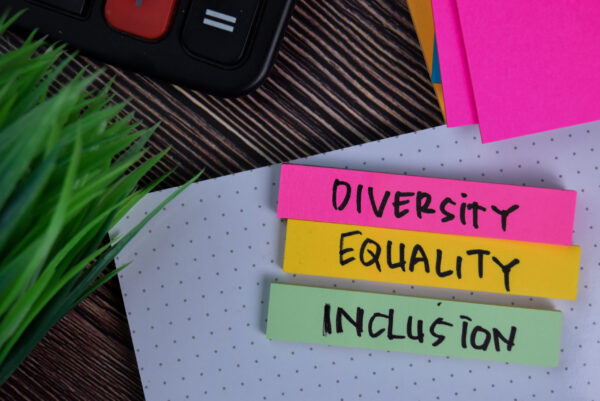Modernization, Maturity, & The Playbook: Part 1 – The Marvel of the Playbook | Past Expert Insights Webinar
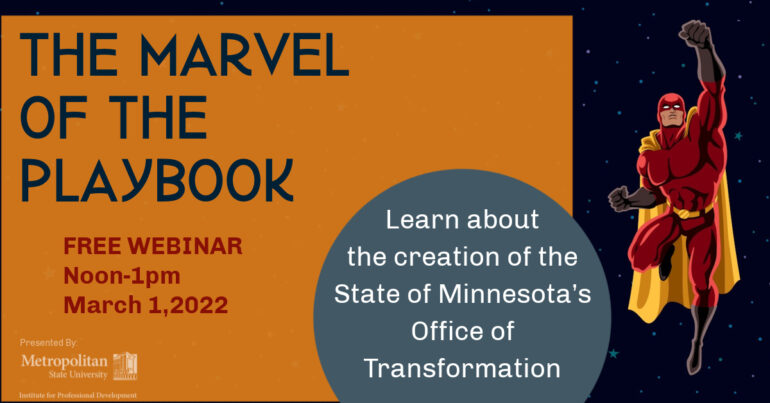
Expert Insights Webinar
This video focuses on the creation of the State of Minnesota’s Office of Transformation to standardize and assist state agencies with their modernization efforts.
Get ideas on:
- how to identify best practices for your playbook
- how to include your business units in the process
- how to help your organization chart a course for its own transformation.
The State of Minnesota launched the Modernization Playbook to address outdated systems and infrastructure. The Playbook is an end-to-end framework to establish consistency in understanding roles, language, and process activities for the successful transformation of business processes and IT portfolio and application management to support modernization efforts.
This 3-part Series will showcase the Playbook and its purpose, how it was used to rank state agency maturity, and how it is used to chart transformation and focus agencies into the future.
While the state of Minnesota developed the Playbook to address IT modernization projects, the Playbook concept can be applied to a full spectrum of projects and portfolio management*.
*Where you see the words state agency, think Business Unit or Product Line. Where systems or infrastructure appear, think new products, The Great Resignation, pandemic shifts, or any one of the number of forces that require transformation in your organization.
ABOUT THE PRESENTER: Stacey Walker is the Transformation Program Manager in the State of Minnesota’s Office of Transformation and Strategy Delivery, a newly formed enterprise services department that serves all 22 executive branch state agencies. Stacey has been in her role since April 2021 having transitioned from the healthcare sector where she has worked for 25 years. She holds a Bachelor of Arts degree in Nursing and a Master of Science degree in Nursing/Healthcare Leadership. In the early 2000’s with the digital transformation to electronic medical records, Stacey moved into a clinical informatics role and progressed from there into project and program leadership where she has gained 12 years of experience. Stacy earned her Project Management Professional (PMP) certification in 2015 and recently became certified in organizational change management. She is known as a creative leader with high energy and is honored to be able to serve her fellow Minnesotans in her new role helping to modernize Minnesota’s state government.
Here Are the Other Two Webinars In This Special Series.
Session Two – Modernization, Maturity, and the Playbook















